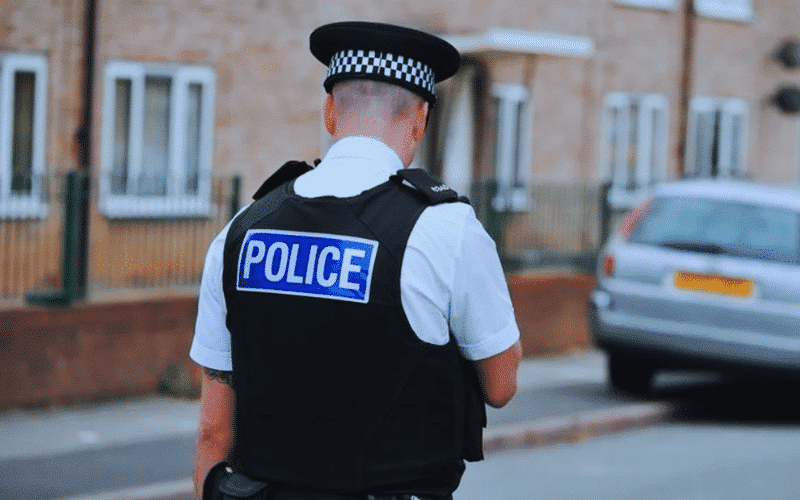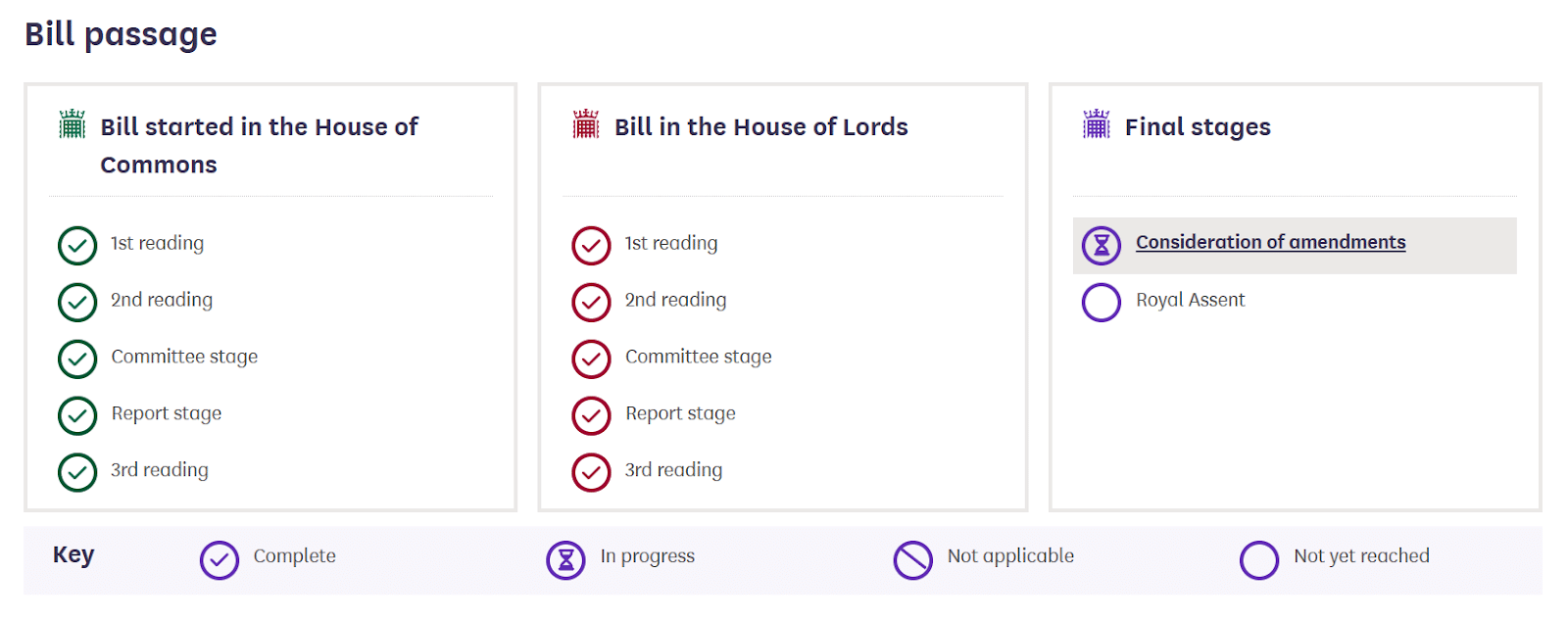The UK is planning to pass a new law called the Economic Crime and Corporate Transparency Bill, which will make it easier for law enforcement to go after cryptocurrency that’s connected to criminal activities.
This could lead to quicker seizer of these assets and potentially contribute to government revenue.
During the evaluation process, the House of Lords made specific adjustments to a proposed law. These modifications were intended to clarify that the law’s primary focus should be on the funds obtained through fraudulent activities or other financial crimes.
Furthermore, the bill aims to set guidelines governing the way companies conduct their operations and how foreign businesses go about registering themselves in the United Kingdom.
In September 2022, a new law called the Economic Crime and Corporate Transparency Bill was proposed to address financial crimes involving cryptocurrencies.
Over the past year, this proposed law has moved through different stages of review in the UK government, going from the House of Commons to the House of Lords. It is now close to being officially approved as it reaches its final stages of consideration.
The bill, which will be signed into law later this year, will grant local courts and law enforcement agencies more authority to freeze cryptocurrencies they suspect were used for illegal purposes like money laundering, drug trafficking, cybercrime, and terrorism.
Even though authorities have already taken possession of hundreds of millions of dollars worth of cryptocurrency tied to criminal actions, this new law could speed up the process by removing some legal obstacles.
For instance, it may no longer be necessary for law enforcement to make an arrest or secure a conviction before seizing cryptocurrency involved in criminal cases.
This change could be particularly significant in cases where time is of the essence during criminal investigations, as it allows for a swift freezing of suspect cryptocurrency assets.
Now, the final step is for the House of Commons to decide if they agree with these changes made by the House of Lords. They can either say “yes” to the changes or suggest more changes.
If they agree on everything, the law will be formally approved through a process called royal assent, where the monarch officially gives their approval to the law.
Also Read: UK Lawmakers Create Way for Crypto Adoption in Landmark Bill








